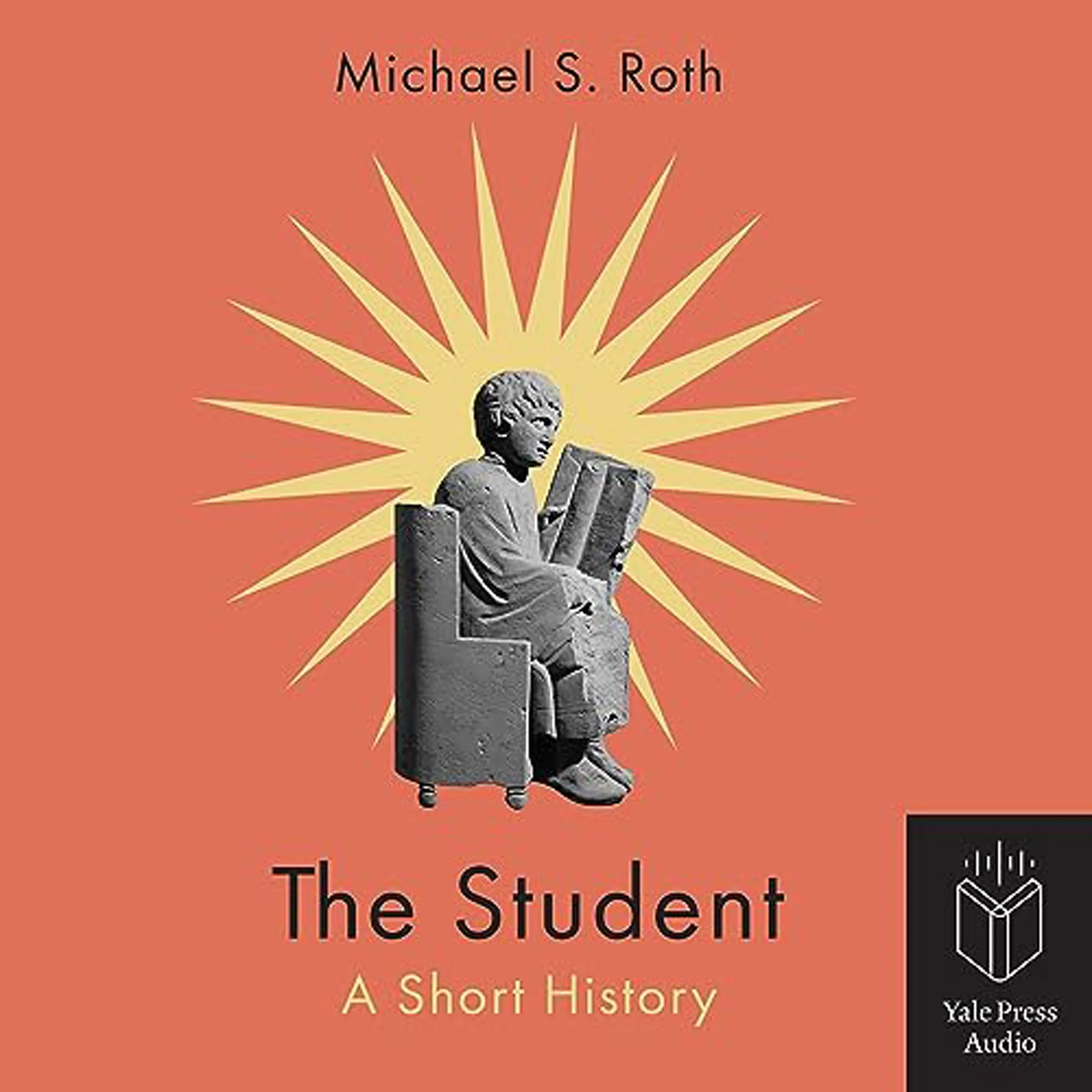What would it be like to live 100 milion years? Life in the Deep Subsurface Biosphere - Highlights
/with KAREN G. LLOYD · Author of Intraterrestrials · Wrigley Chair in Environmental Studies · Professor of Earth Sciences · University of Southern California
It's really changed my view of what life is. So many of the things that we attribute to the trappings of life look like requirements, like oxygen and sunlight. All the things that humans would absolutely die without — they’re not really necessary for life. Studying these things sort of breaks down what is necessary; what are the things that life has to have?



